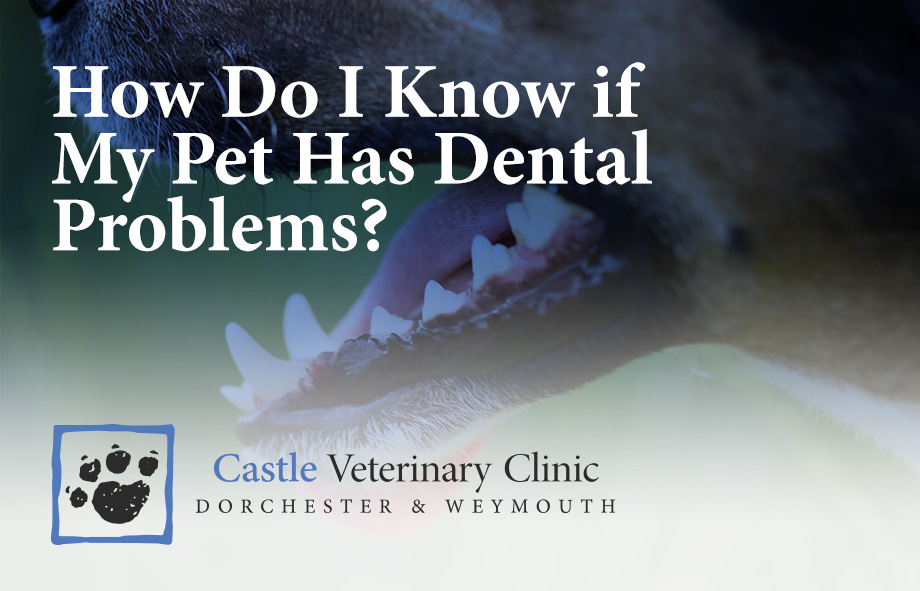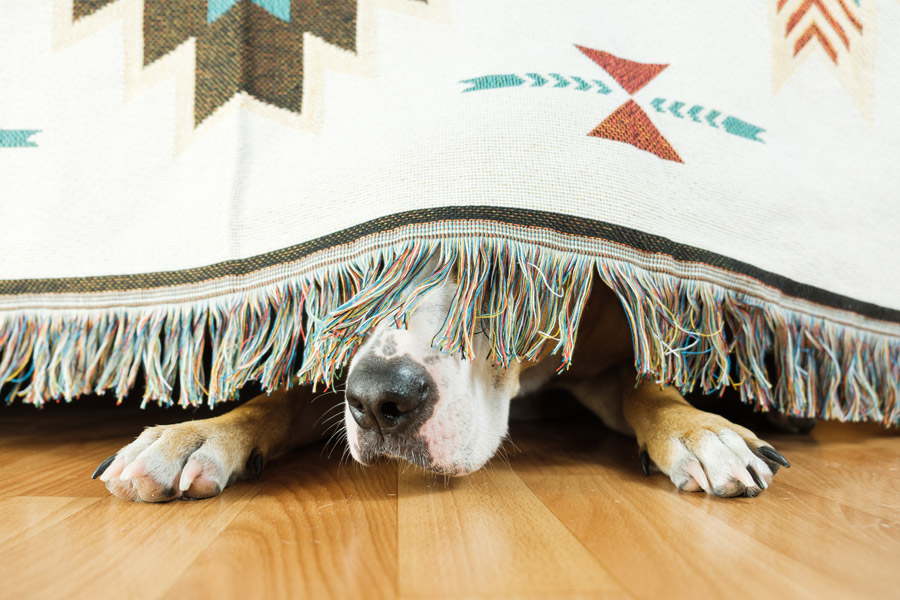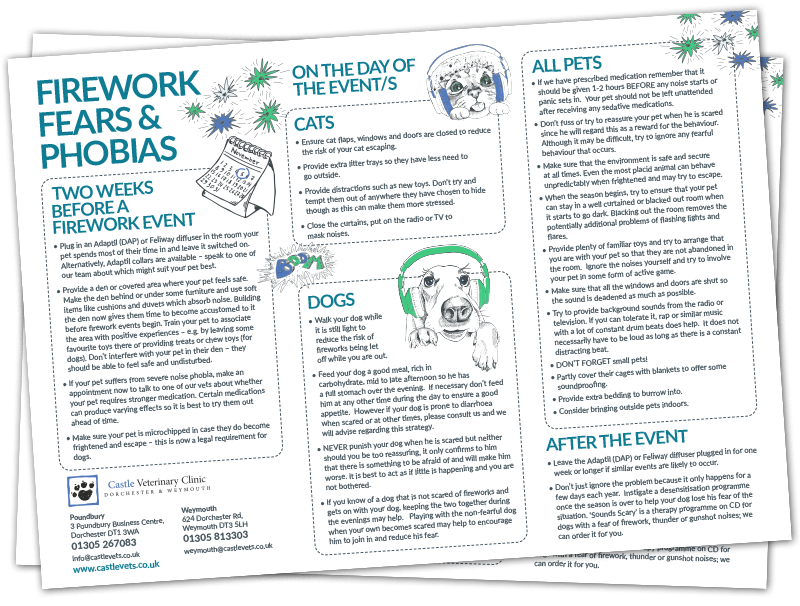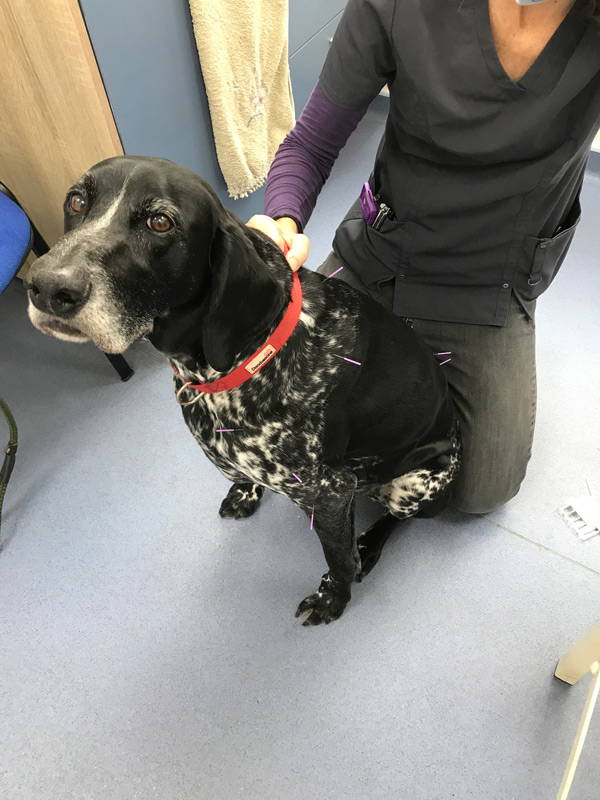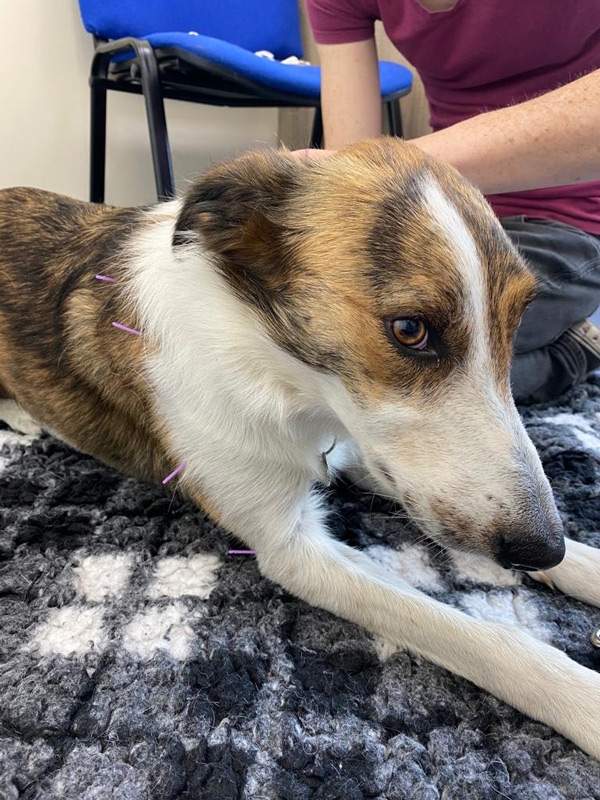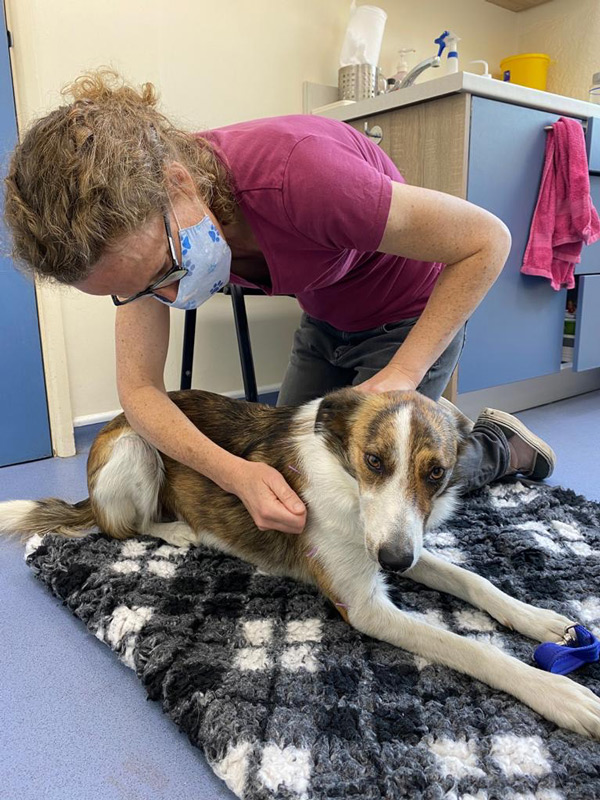Why Dental Health Matters for Your Pet
Good dental health is essential for your pet’s overall well-being. Dental disease is common in cats, dogs, and rabbits, and if left untreated, it can cause pain, infections, and even impact other organs such as the heart, liver, and kidneys. Recognising the signs of dental problems early can help prevent serious health issues and keep your pet happy and healthy.
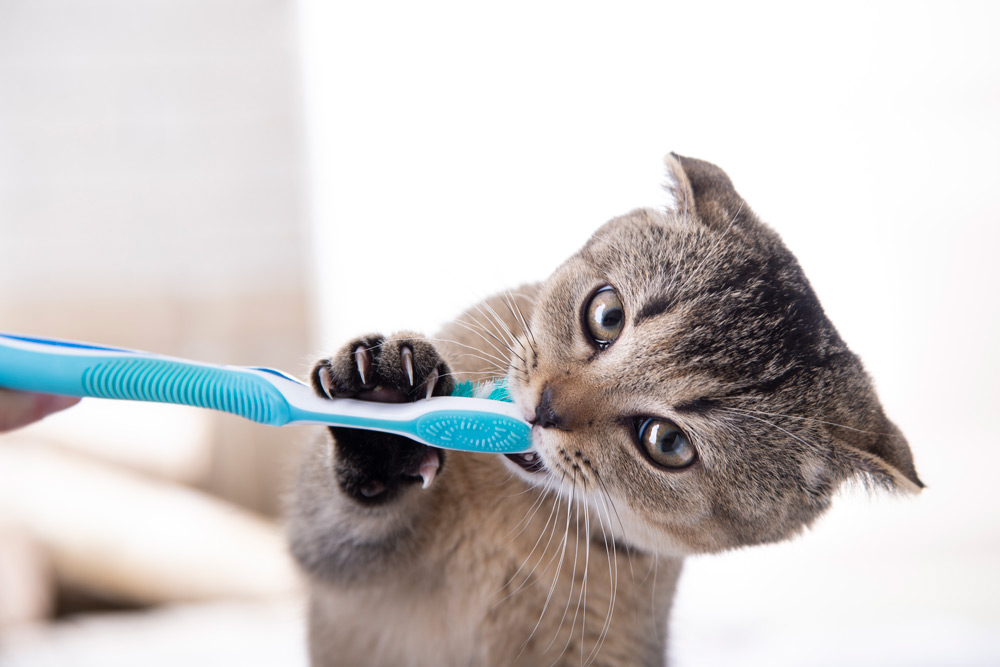
Signs Your Pet May Have Dental Problems
- Bad Breath (Halitosis): Persistent foul-smelling breath can indicate dental disease, such as gum infections or tooth decay.
- Difficulty Eating or Chewing: If your pet is reluctant to eat, chews on one side, or avoids hard food, it may be experiencing dental pain.
- Excessive Drooling: Thick saliva or saliva with blood may be a sign of oral discomfort or infection.
- Swollen or Bleeding Gums: Red, swollen, or bleeding gums can indicate gingivitis or severe periodontal disease.
- Loose or Broken Teeth: Wobbly or visibly damaged teeth may indicate advanced dental disease.
- Pawing at the Mouth or Face: Pets may paw at their mouth or rub their face due to discomfort.
- Weight Loss or Behavioural Changes: Avoiding food, losing weight, or becoming withdrawn may indicate dental pain.
- Facial Swelling (Rabbits & Some Dogs): Swelling around the jaw or face may indicate an abscess or infection.
How to Prevent Dental Problems in Pets
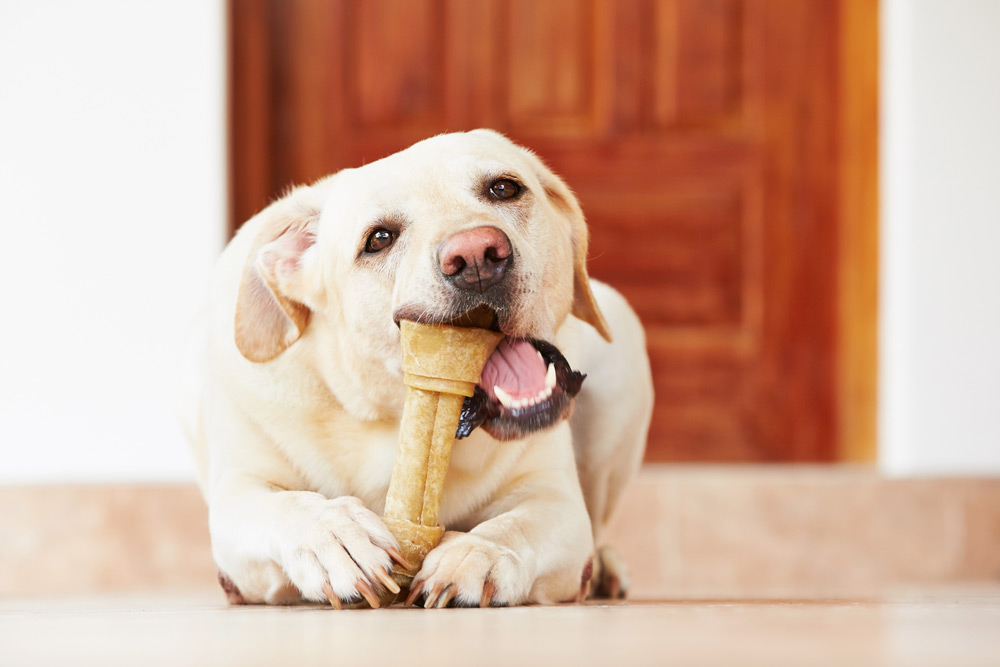
For Cats and Dogs:
- Brush Their Teeth Regularly: Use a pet-specific toothbrush and toothpaste to prevent gum disease.
- Provide Dental Treats & Chews: Helps reduce plaque and tartar build-up between brushings.
- Schedule Regular Vet Check-Ups: Annual exams catch issues early before they become serious.
- Monitor Eating Habits: Any changes in eating behaviour should be noted and discussed with your vet.
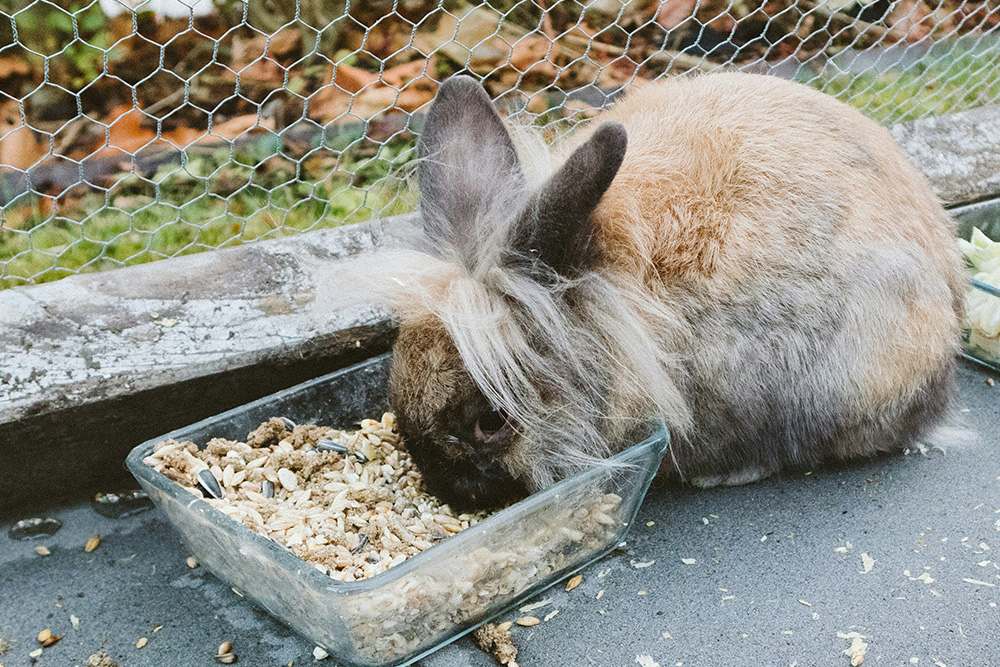
For Rabbits:
- Feed a High-Fibre Diet: Hay should make up most of their diet to wear down their continuously growing teeth.
- Check for Overgrown Teeth: Misaligned or overgrown teeth require veterinary attention.
- Look for Drooling & Weight Loss: Early warning signs of dental problems.
Top Tips for Keeping Your Pet’s Teeth Healthy:
✅ Brush regularly with pet-safe toothpaste
✅ Provide appropriate dental chews and a species-appropriate diet
✅ Schedule regular dental check-ups
✅ Watch for signs of dental problems like bad breath or difficulty eating
How can our practice help?
We provide comprehensive dental care for cats, dogs, and rabbits, including professional cleanings, extractions, and preventative advice. The Castle Club includes regular check-ups and dental procedure discounts to help keep your pet’s teeth in top condition.

